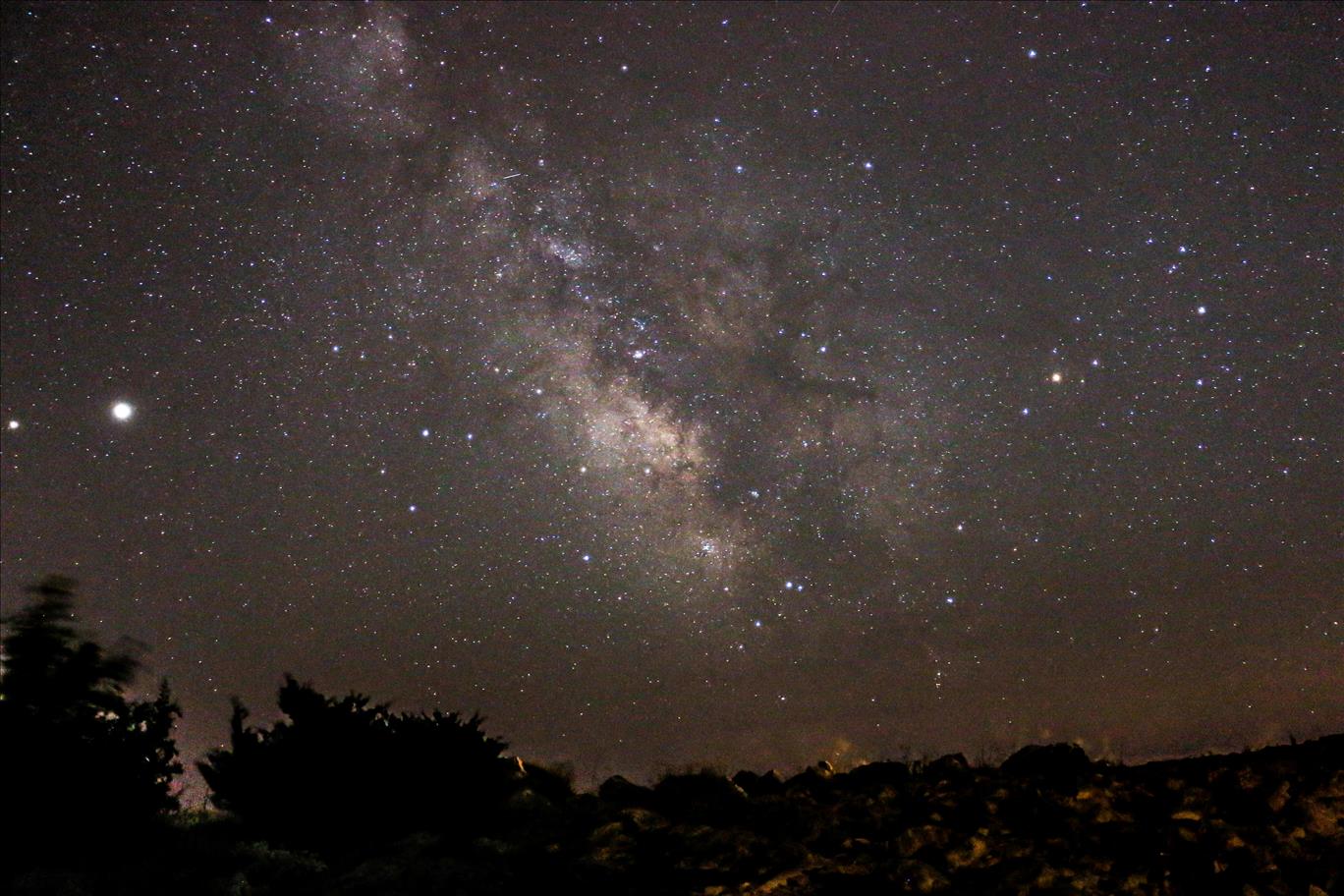
403
Sorry!!
Error! We're sorry, but the page you were looking for doesn't exist.
Study Suggests Universe Might No Longer Be Accelerating
(MENAFN) New research suggests that the universe might no longer be accelerating, challenging a cornerstone of modern cosmology.
Published Thursday in the Monthly Notices of the Royal Astronomical Society, the study argues that cosmic expansion has entered a decelerating phase.
“Our study shows that the universe has already entered a phase of decelerated expansion at the present epoch and that dark energy evolves with time much more rapidly than previously thought,” said Professor Young-Wook Lee of Yonsei University in South Korea, who led the research.
“If these results are confirmed, it would mark a major paradigm shift in cosmology since the discovery of dark energy 27 years ago,” he added.
For nearly three decades, scientists have held that the universe’s expansion is accelerating, driven by dark energy—a mysterious force that won the 2011 Nobel Prize in Physics. But Lee’s team reports finding no strong evidence for ongoing acceleration.
By examining data from 300 galaxies, researchers discovered that supernovae—previously considered reliable “standard candles” for measuring cosmic distances—actually vary in brightness depending on the age of their host stars.
Once these biases were corrected, the observations no longer fit the standard ΛCDM cosmological model. Instead, they align with results from the Dark Energy Spectroscopic Instrument (DESI) project, which suggest dark energy diminishes over time.
“In the DESI project, results showed the universe would decelerate in the future,” Lee said. “By contrast, our analysis shows it has already entered a decelerating phase today.”
The researchers plan to test their findings further with new data from the Vera C. Rubin Observatory in Chile, which is expected to identify tens of thousands of supernovae in the coming years.
“Precise age measurements will allow for a far more robust and definitive test of supernova cosmology,” said research co-lead Chul Chung.
If validated, the study could prompt a major rethink of dark energy and potentially reshape predictions about the ultimate fate of the universe.
Published Thursday in the Monthly Notices of the Royal Astronomical Society, the study argues that cosmic expansion has entered a decelerating phase.
“Our study shows that the universe has already entered a phase of decelerated expansion at the present epoch and that dark energy evolves with time much more rapidly than previously thought,” said Professor Young-Wook Lee of Yonsei University in South Korea, who led the research.
“If these results are confirmed, it would mark a major paradigm shift in cosmology since the discovery of dark energy 27 years ago,” he added.
For nearly three decades, scientists have held that the universe’s expansion is accelerating, driven by dark energy—a mysterious force that won the 2011 Nobel Prize in Physics. But Lee’s team reports finding no strong evidence for ongoing acceleration.
By examining data from 300 galaxies, researchers discovered that supernovae—previously considered reliable “standard candles” for measuring cosmic distances—actually vary in brightness depending on the age of their host stars.
Once these biases were corrected, the observations no longer fit the standard ΛCDM cosmological model. Instead, they align with results from the Dark Energy Spectroscopic Instrument (DESI) project, which suggest dark energy diminishes over time.
“In the DESI project, results showed the universe would decelerate in the future,” Lee said. “By contrast, our analysis shows it has already entered a decelerating phase today.”
The researchers plan to test their findings further with new data from the Vera C. Rubin Observatory in Chile, which is expected to identify tens of thousands of supernovae in the coming years.
“Precise age measurements will allow for a far more robust and definitive test of supernova cosmology,” said research co-lead Chul Chung.
If validated, the study could prompt a major rethink of dark energy and potentially reshape predictions about the ultimate fate of the universe.

Legal Disclaimer:
MENAFN provides the
information “as is” without warranty of any kind. We do not accept
any responsibility or liability for the accuracy, content, images,
videos, licenses, completeness, legality, or reliability of the information
contained in this article. If you have any complaints or copyright
issues related to this article, kindly contact the provider above.


















Comments
No comment